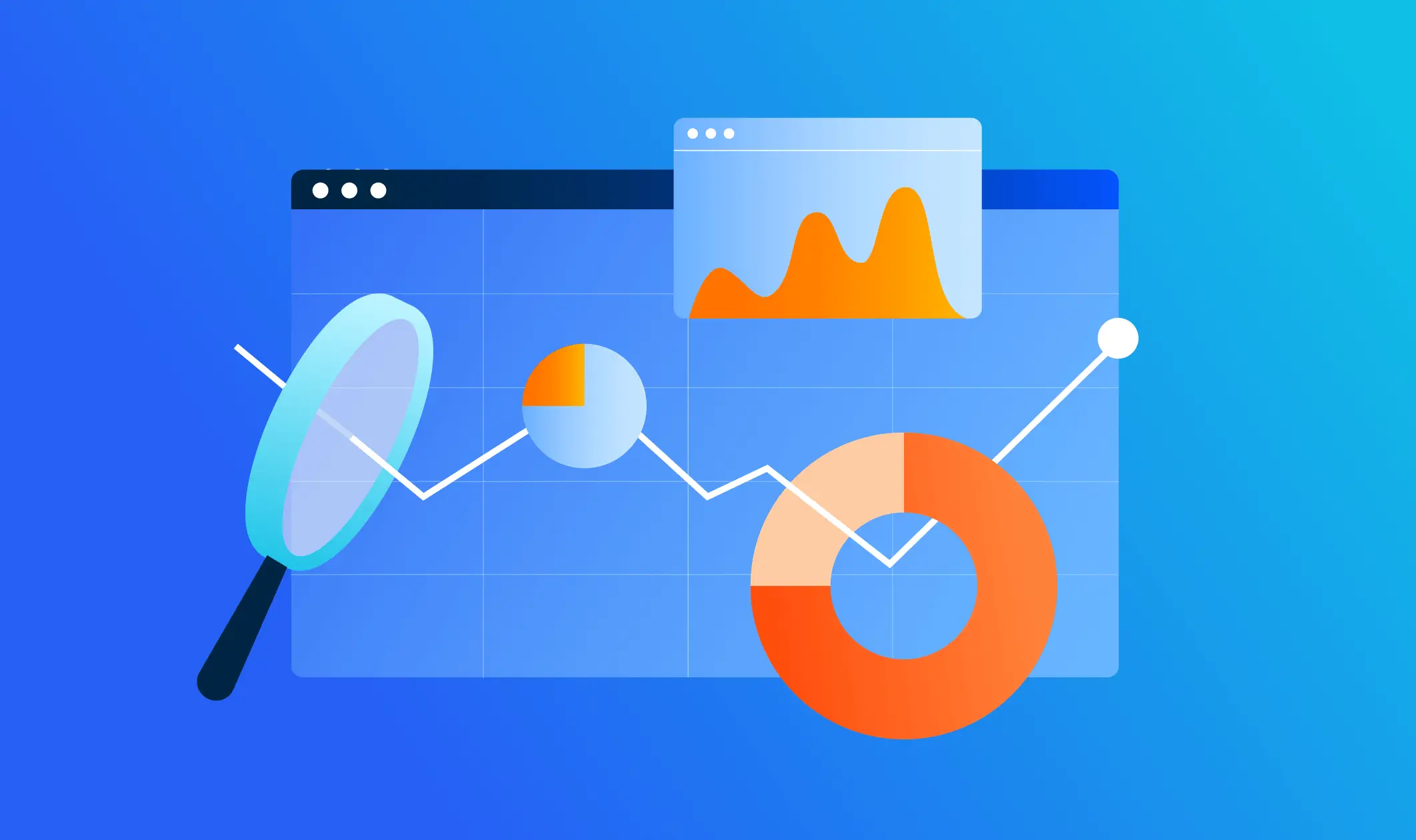Economic uncertainty is a common challenge for businesses, characterized by volatile market conditions, fluctuating consumer demand, and unpredictable economic policies. During such periods, businesses must adapt their strategies and business plans to navigate challenges, mitigate risks, and capitalize on emerging opportunities. This comprehensive guide explores the importance of adapting your business plan in times of economic uncertainty, key considerations, strategies for resilience, and best practices to sustain business continuity and growth.
Contents
Understanding Economic Uncertainty
Economic uncertainty refers to the unpredictability and instability in economic conditions, including factors such as:
- Market Volatility: Fluctuations in stock markets, commodity prices, and exchange rates.
- Consumer Confidence: Changes in consumer spending patterns, preferences, and purchasing behavior.
- Regulatory Changes: Shifts in government policies, tax reforms, and regulatory compliance requirements.
- Global Events: Impact of geopolitical tensions, natural disasters, and pandemics on global supply chains and business operations.
Importance of Adapting Your Business Plan
Adapting your business plan during economic uncertainty is essential for several reasons:
1. Risk Mitigation and Resilience
- Scenario Planning: Developing multiple scenarios and contingency plans to anticipate potential risks and mitigate adverse impacts.
- Financial Stability: Strengthening financial resilience through cash flow management, cost reduction strategies, and securing alternative funding sources.
2. Strategic Alignment and Flexibility
- Strategic Prioritization: Focusing on core business activities, key revenue drivers, and high-potential growth opportunities.
- Agile Decision Making: Responding swiftly to market changes, customer needs, and competitive pressures with adaptive strategies.
3. Opportunity Identification and Innovation
- Market Opportunities: Identifying new market niches, emerging trends, and customer demands in response to shifting economic dynamics.
- Innovation Culture: Fostering a culture of innovation, creativity, and continuous improvement to develop new products, services, or business models.
Key Considerations for Business Adaptation
During economic uncertainty, businesses should consider the following factors when adapting their business plans:
1. Financial Health and Risk Management
- Financial Analysis: Conducting a thorough review of financial statements, cash flow projections, and liquidity positions.
- Contingency Funding: Establishing emergency funds or lines of credit to address short-term cash flow needs and unexpected expenses.
2. Customer Engagement and Market Insights
- Customer Relationships: Strengthening customer loyalty, engagement, and satisfaction through personalized experiences and value-added services.
- Market Research: Gathering market intelligence, conducting surveys, and analyzing consumer behavior to anticipate changing preferences and buying patterns.
3. Operational Efficiency and Resource Optimization
- Cost Management: Implementing cost-saving measures, renegotiating supplier contracts, and optimizing operational expenses without compromising quality or service delivery.
- Resource Allocation: Allocating resources effectively to support strategic initiatives, critical projects, and operational priorities aligned with business goals.
Strategies for Business Adaptation
Effective strategies for adapting your business plan during economic uncertainty include:
1. Diversification and Flexibility
- Product Diversification: Expanding product offerings or diversifying into new markets or customer segments to reduce reliance on specific revenue streams.
- Service Innovation: Introducing innovative services, solutions, or delivery methods to meet evolving customer needs and preferences.
2. Strategic Partnerships and Alliances
- Collaborative Ventures: Forming strategic partnerships, joint ventures, or alliances with complementary businesses to leverage combined strengths and resources.
- Supply Chain Resilience: Strengthening supply chain partnerships, diversifying suppliers, and enhancing logistics capabilities to mitigate supply disruptions.
3. Technology Adoption and Digital Transformation
- Digital Integration: Embracing digital technologies, automation tools, and e-commerce platforms to enhance operational efficiency, customer engagement, and market reach.
- Data Analytics: Leveraging data analytics, predictive modeling, and business intelligence to drive informed decision making and strategic planning.
Best Practices for Business Continuity
To ensure business continuity and long-term sustainability during economic uncertainty, consider the following best practices:
1. Leadership and Communication
- Transparent Communication: Maintaining open communication channels with employees, stakeholders, and customers to share updates, address concerns, and align expectations.
- Leadership Agility: Demonstrating adaptive leadership qualities, resilience, and decisiveness in navigating challenges and driving organizational change.
2. Continuous Learning and Adaptation
- Learning Culture: Encouraging continuous learning, skills development, and knowledge sharing among employees to foster innovation and agility.
- Feedback Mechanisms: Soliciting feedback from stakeholders, monitoring market trends, and conducting regular performance reviews to refine business strategies.
3. Regulatory Compliance and Risk Management
- Compliance Monitoring: Staying informed about regulatory changes, industry standards, and legal requirements to ensure compliance and mitigate legal risks.
- Risk Assessment: Conducting regular risk assessments, scenario analyses, and stress tests to identify vulnerabilities and implement proactive risk management strategies.
Adapting your business plan in times of economic uncertainty requires strategic foresight, resilience, and proactive planning to navigate challenges and capitalize on opportunities. By prioritizing risk mitigation, strategic alignment, customer engagement, and operational efficiency, businesses can enhance their ability to withstand economic fluctuations, sustain growth, and emerge stronger in a competitive marketplace.
Moreover, fostering a culture of innovation, agility, and adaptive leadership empowers businesses to innovate, pivot, and transform in response to evolving economic dynamics. Whether you’re a small business owner, entrepreneur, or corporate leader, proactive adaptation of your business plan is crucial for driving resilience, sustainability, and long-term success.


